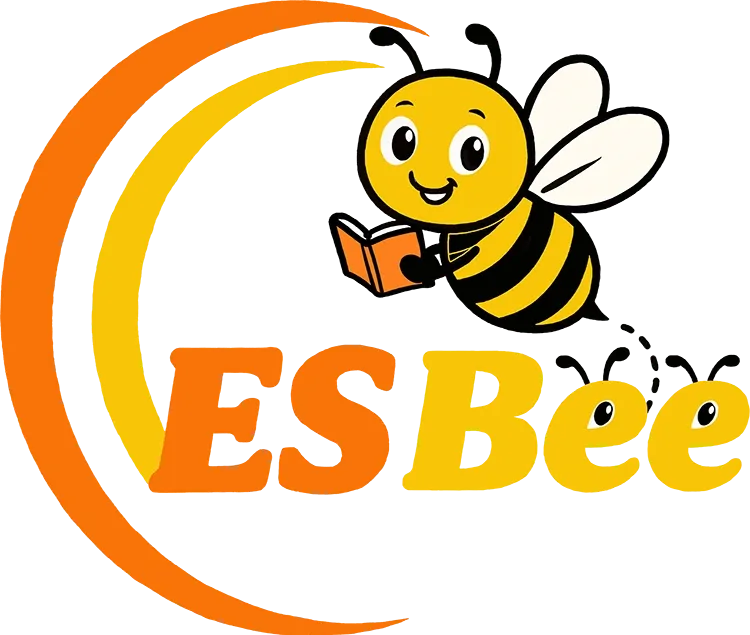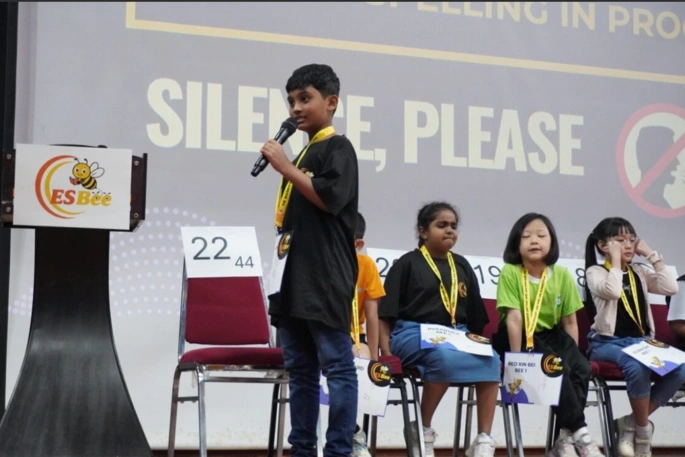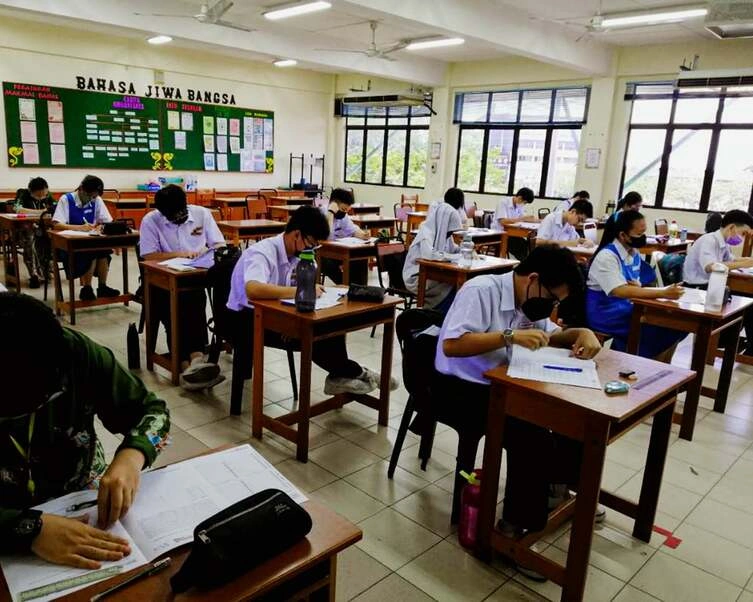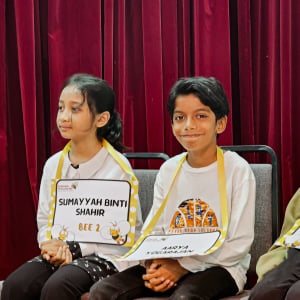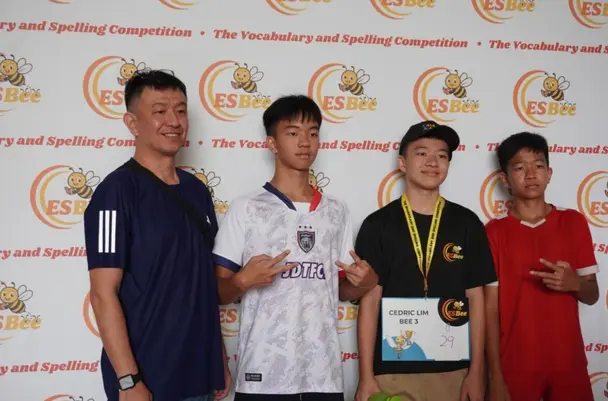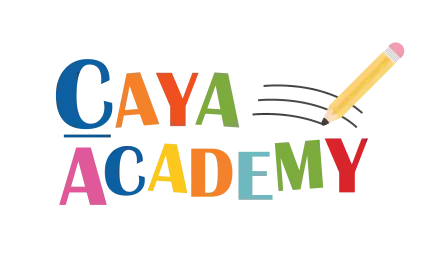• The Judges and Pronouncers will be in complete charge of the contest. Their decision will be final in all questions. Any problem relating to the spelling of a word must be referred to the Judges immediately during the competition at the relevant stage. No complaints or appeals will be considered after the contest has ended.
• The judges listen carefully, determine whether or not words are spelled correctly, and uphold the rules. The decisions of the judges are final.
• Misunderstandings: The judges will not respond to the speller’s question(s) about the word and its pronunciation but, if the judges sense that the speller has misunderstood the word, the judges will direct the speller and pronouncer to interact until they are satisfied that reasonable attempts have been made to assist the speller in understanding the word within the time constraint of 1 minute. It is sometimes impossible to detect a misunderstanding until a spelling error has been made, and the judges are not responsible for the speller’s misunderstanding.
• Pronouncer Errors: The judges compare the pronouncer’s pronunciation with the diacritical markings in the word list. If the judges feel that the pronouncer’s pronunciation does not match the pronunciation specified in the diacritical markings, the judges will direct the pronouncer to correct the error as soon as it is detected.
• Spellers are allowed to bring a note pad and pen or pencil to practise the words before the competition (for their use only), but the speller must then spell the word orally during the competition. Extra paper and pencil are not allowed.
• In competition, spellers may pronounce words before spelling, after spelling, or not at all. However, you are encouraged to pronounce the word BEFORE spelling to ensure that you heard the word correctly. For example, if you are given the word baseball and you spell baseballs, your spelling will be considered incorrect. Or, if you are given absence and you spell absent, your spelling will be considered incorrect. The speller may ask the pronouncer to say the word again, define it, use it in a sentence, provide the part of speech, provide the language(s) of origin and/or provide an alternate pronunciation or pronunciations.
• The pronouncer strives to pronounce words according to the diacritical markings in ESBee word lists.
• The pronouncer responds to the speller’s requests for a definition and example sentence as listed in the competition word list produced by ESBee. The pronouncer does not entertain root word questions, requests for alternate definitions, part of speech, language(s) of origin, alternate pronunciation(s) or requests for slower pronunciation.
• Homonyms: If a word has one or more homonyms, the pronouncer indicates which word is to be spelled by defining the word.
• At any time, the speller may request that a word be re-pronounced, defined or used in a sentence. But the pronouncer shall grant the request(s) until the judges agree that the word has been made reasonably clear to the speller. The pronouncer will not syllabify (divide into syllables) the word.
• Once you begin to spell a word, you will not have a chance to change letters once pronounced. A speller may repeat the word orally, provided letters and their sequence are not changed. The speller must indicate words with apostrophes, capitals and other punctuation marks, and any accent marks either over the letter or at the end of the word.
• Judges may disqualify any speller who ignores a request to start spelling the word within 1 minute.
• Misunderstandings: The speller is responsible for any misunderstanding of the word unless (1) the pronouncer never provided a correct pronunciation; (2) the pronouncer provided incorrect information regarding the definition, part of speech, or language of origin; or (3) the speller correctly spelled a homonym of the word and the pronouncer failed to either offer a definition or distinguish the homonyms. When a speller is given the definition of a homonym, he or she must spell the word which is defined.
• When a speller fails to spell a word correctly after all additional assistance as permitted by the rules of the competition has been provided, and / or the maximum time has expired, they must drop out of the competition. The pronouncer will announce the correct spelling of the word and a greeter will present a certificate of participation to the student. Another word shall be given to the next speller in line. The winner(s) will be announced accordingly.
• There is an element of chance in this contest. When only two spellers remain with equal points, the elimination procedure changes. At that point, when a speller misspells a word, the other speller will be given the opportunity to spell the other word. If the second speller spells the word correctly, the second speller will be declared the winner of Gold/Silver or Bronze medal. If both spellers misspell the same word, both will continue in the contest with a new word until the judges make final decision.
• In the event of a protest or dispute, decisions shall be based on “Macmillan Dictionary of English” the official contest dictionary. No other source shall be allowed.
• To minimize disruptions during this competition we ask audience members to turn off cell phones and pagers.
